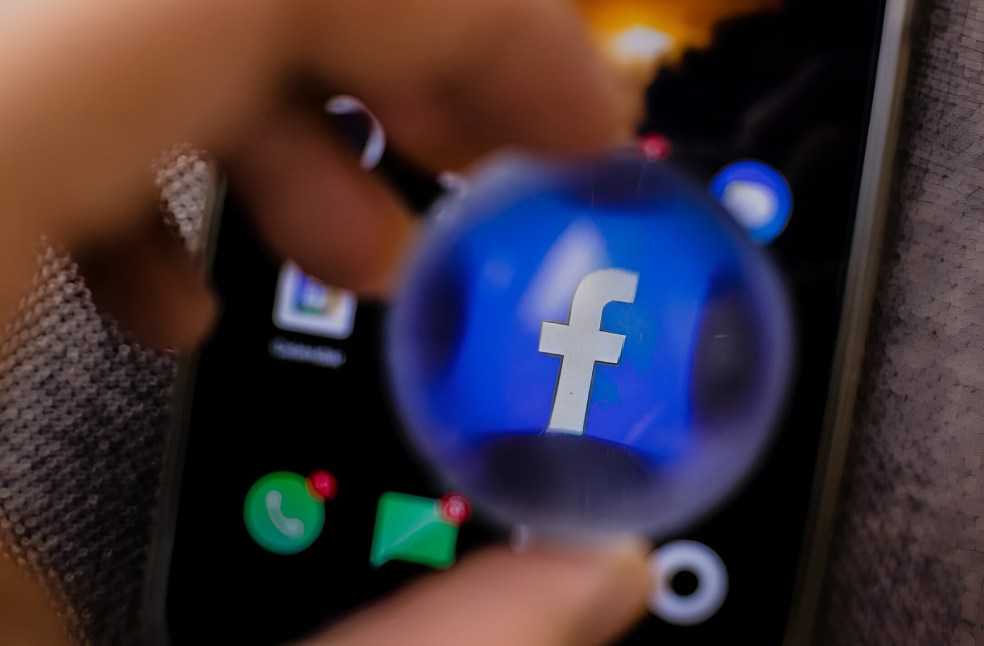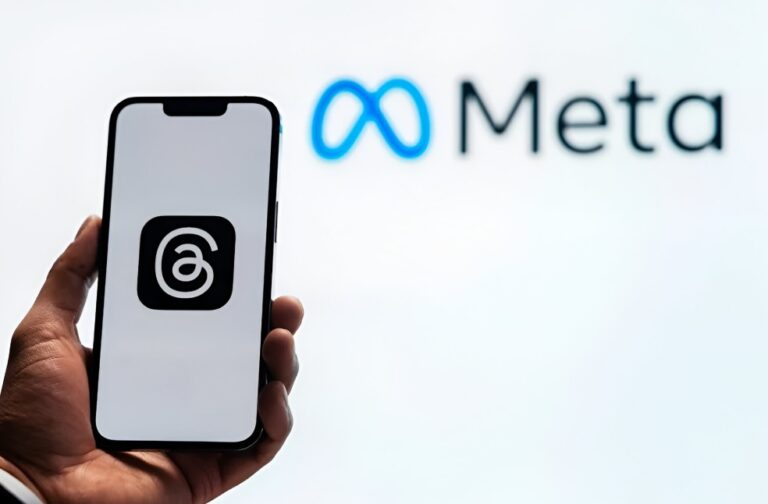United States: Meta, the tech giant behind Facebook, Instagram, and Threads, has reported minimal AI impact on elections worldwide this year. The company attributed this success to advanced defences against coordinated misinformation campaigns and bot networks, according to Nick Clegg, Meta’s president of global affairs.
Since 2017, Meta has dismantled 39 coordinated misinformation networks originating in Russia, followed by Iran and China. Clegg underlined that despite concerns over generative AI, the volume of AI-generated misinformation remained low. Harmful content, including deep fake videos and audio clips, was swiftly flagged and removed. In the U.S. alone, Meta blocked 590,000 attempts to generate false images of key political figures, including President Joe Biden, Vice President Kamala Harris, and President-elect Donald Trump, ahead of Election Day.
Although some experts, like Harvard academics Bruce Schneier and Nathan Sanders, admitted the presence of AI-generated propaganda, its effects were less severe than anticipated. Still, disinformation efforts have shifted to platforms like TikTok, where studies show politically charged AI content circulating. A Pew survey earlier this year indicated that most Americans remain wary of AI, with nearly eight times as many respondents believing it will be used for harmful purposes in elections compared to those who see it as a force for good.

With growing concerns, President Biden announced new national security measures focused on “safe, secure, and trustworthy” AI development. The administration’s strategy highlights the need for the U.S. to lead in global AI innovation.
Meta continues to face criticism from various fronts, including claims of censorship during the COVID-19 pandemic and accusations of silencing pro-Palestine voices. Clegg revealed that some content moderation actions had been overly aggressive, signalling a need for greater precision in enforcement.
The company also addressed Republican concerns over censorship, with Meta CEO Mark Zuckerberg expressing regret over certain content removals. Zuckerberg reportedly plans to contend with President-elect Trump’s administration on shaping AI and tech policies. Despite the challenges, Meta emphasised that its platforms were used positively in 2024, directing users to reliable election information and encouraging voter participation.



